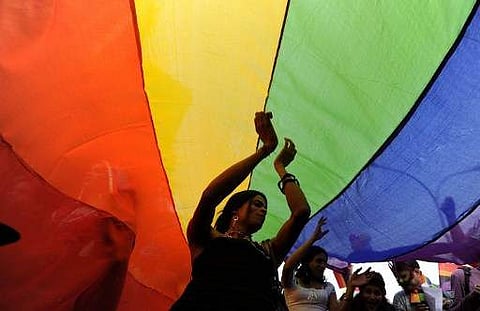

Activists have raised a red flag about the suicide rate among the transgender community. However, they say that official data does not reflect this as transgenders are being counted as females in police and other official records. This has proved to be a major stumbling block in ensuring implementation of prevention and support measures.
A senior police officer in the state, without coming on the record, admitted that suicide data is routinely categorized as male or female, and suicides of transgenders are recorded under the female category.
The National Crime Records Bureau (NCRB), which records statistics related to all types of crimes, suicides and accidents, has a separate category for suicides among transgenders. However, the numbers are zero across 19 metropolitan cities.
Mentioning that there is a glaring absence of specific records for transgender individuals who die by suicide, Akkai Padmashali, a transgender activist, said, "The lack of comprehensive data not only obscures the real extent of the issue but also hinders efforts to understand the challenges faced by the transgender community, making it difficult to implement targeted prevention and support initiatives."
The current data collection methods for suicides among the transgender community are inadequate and fail to accurately capture the experiences of the community, Akkai Padmashali said.
A Persistent Problem
A counsellor explained that suicidal thoughts in gender minority groups are different from those found among male or female populations. Often, transgender people resort to unhealthy and illegal coping mechanisms like drug and alcohol abuse under such situations.
Even when seeking medical help, they may find hospitals lacking appropriate accommodations, as they are often relegated to male or female wards, he further added.
Rakshitha TG, an activist with Ondede, an organisation that fights for rights of the gender minority said, "As an intersex person, we dream of living a life untainted by the harsh judgements and persistent fears that have shadowed our journey. The decisions authorities make, including the recent and even the past judgments by the Supreme Court, cast a heavy shadow over our hopes and make each day an uphill battle. The decisions and judgements keep us labelled as 'anti-social' elements."
"Our community is fighting battles that remain unknown to society. The members have been pushed to the brink by the stigma thrust upon the society," she said, adding, "At such times, suicide seems to be the available option. Being from a minority group, we often feel there is nobody behind to validate our existence."